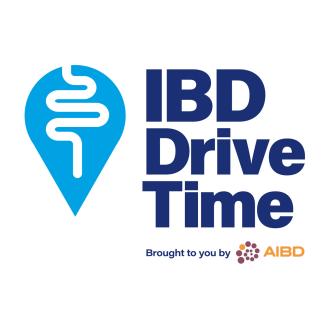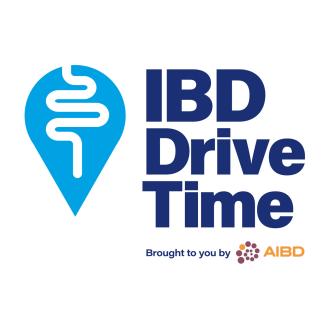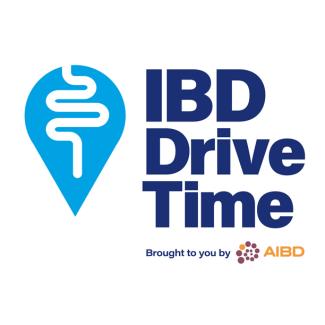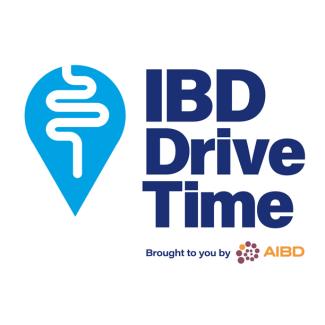Tofacitinib Linked to Higher Shingles Risk in Ulcerative Colitis Patients
Patients with ulcerative colitis (UC) treated with the Janus kinase inhibitor (JAKi) tofacitinib may face a significantly higher risk of developing herpes zoster (HZ) compared to those treated with antitumor necrosis factor (anti-TNF) agents, according to a large retrospective study presented at DDW 2025.
Using claims data from over 2100 UC patients between 2018 and 2022, researchers found that the incidence of HZ was 30.69 per 1000 person-years in those receiving tofacitinib, versus 12.99 in those on anti-TNF therapy. This translates to an incidence rate ratio of 2.36 (95% CI: 1.23–4.55), with a number needed to harm of 57—meaning for every 57 patients treated with tofacitinib instead of anti-TNFs, one additional case of shingles could occur.
Further analysis revealed that the cumulative probability of developing HZ by year three was 9.9% for tofacitinib users, compared to 3.8% for those on anti-TNF therapy (p=0.014). In a multivariable Cox regression model, tofacitinib use remained independently associated with increased HZ risk (HR 2.28, 95% CI: 1.17–4.43), along with younger age under 40 and higher comorbidity burden.
These findings underscore the clinical importance of assessing herpes zoster risk when initiating UC treatment—particularly in younger patients and those with other health conditions. The authors emphasize the need to counsel patients on tofacitinib to complete the recombinant zoster vaccine series to mitigate this preventable complication.
Caldera F, Faye AS, Farraye FA, Hayney MS, Xu H, Fischer M Risk of herpes zoster in patients with ulcerative colitis treated with tofacitinib compared to those treated with anti-TNF therapy. Abstract Tu1816. Presented at: DDW 2025. May 3-6, 2025. San Diego, CA.
.




















